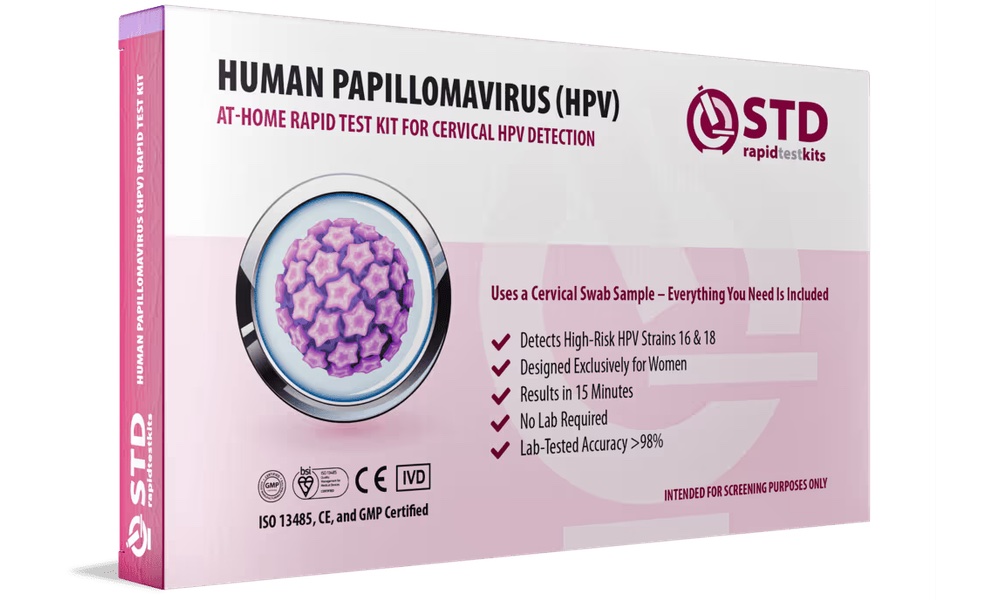Rates of cervical cancer have dropped since screening for the human papilloma virus (HPV) has become more commonplace. In women, HPV left untreated can lead to cervical cancer. The virus affects men as well and has been linked to oropharyngeal cancer.
Unfortunately, it's difficult for women in rural and communities with limited healthcare options to be screened regularly, leaving them at risk.
That is about to change. The U.S. Food and Drug Administration approved the first self-collection kit using a vaginal swab to test for HPV in May, making the test more accessible. Some tests offer results that can be read within 15 minutes at home.
The improved access a self-test offers seems to have worked. A new study led by researchers at the University of Texas M.D. Anderson Cancer Center found that self-collection kits like those just approved increased cervical cancer screening rates among women in underserved communities in the state. More than 80 percent of study participants who were sent self-collection kits in the mail used the swab to take a sample and returned their kits.Self-collection kits have increased cervical cancer screening rates among women in rural and other underserved communities.
“By removing barriers, we hope we can improve the uptake of evidence-based screening and make significant progress against this preventable disease,” the researchers said in a statement.
To determine the most effective ways of getting the self-test kits into the hands of women who need them most, researchers at University of Texas M.D. Anderson Cancer Center recruited almost 2,500 women aged 30 to 65 to participate in a study. The women had not had a Pap smear in three-and-a-half years or an HPV test in five years. They were randomly assigned to one of three groups receiving varying levels of support:
-
1) a telephone reminder that included cervical cancer education, a reminder that they needed to get screened and an invitation to come in for clinic-based screening
2) a telephone reminder and a self-collection kit that was mailed to them
3) a telephone reminder, self-collection kit and support from a patient navigator
Only 17 percent of the women who received just a telephone reminder took the test within six months. In contrast, 41 percent of participants who received a telephone reminder and a self-collection kit used the test, and 47 percent of the women who received support from a patient navigator and a telephone reminder and self-collection kit were screened.
The study was done by Harris Health, a publicly-funded health care system in Harris County, Texas that treats patients regardless of their ability to pay. Ninety-four percent of study participants were racial or ethnic minorities and 56 percent received public assistance.
The study and a related editorial are published in JAMA Internal Medicine.





